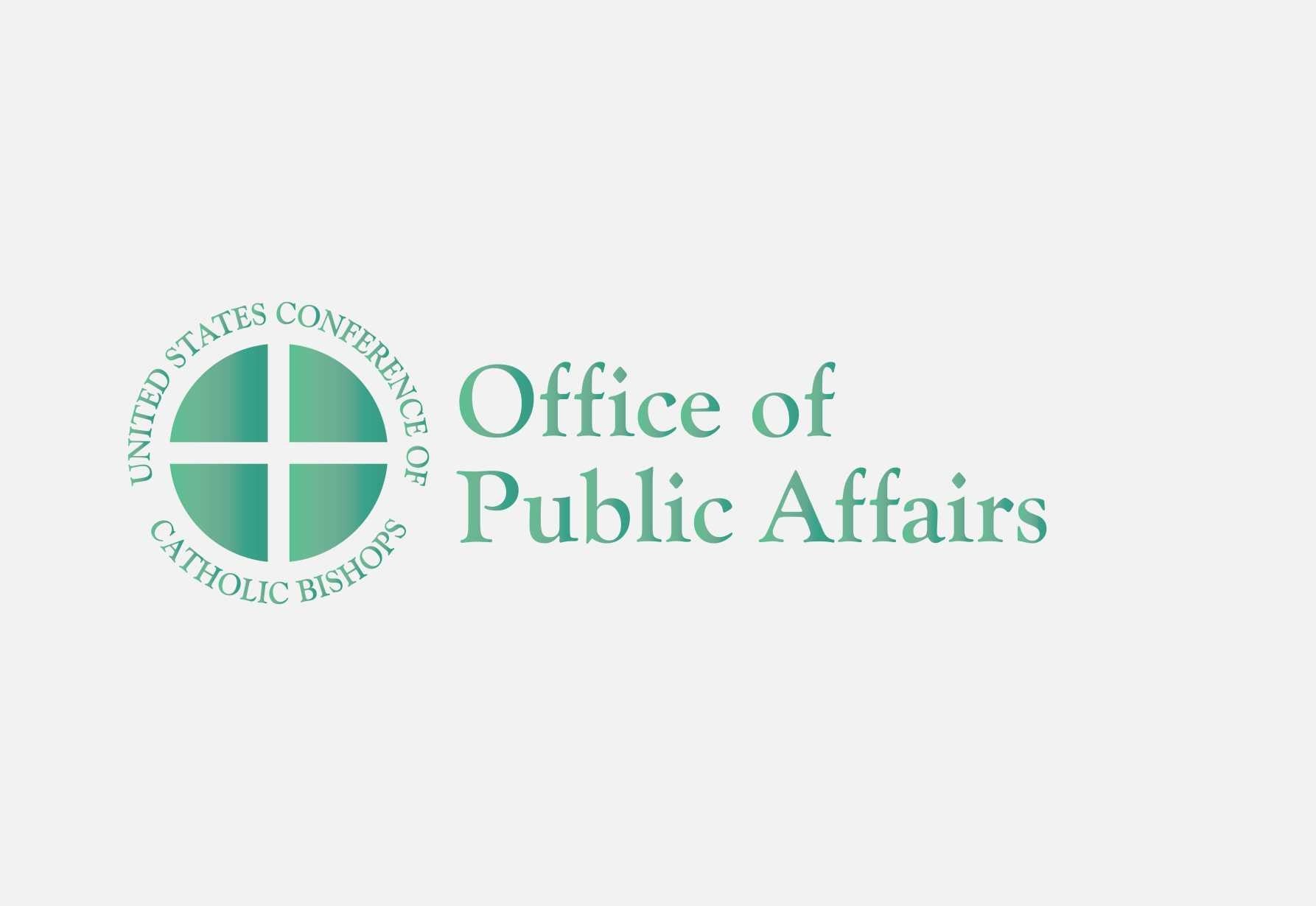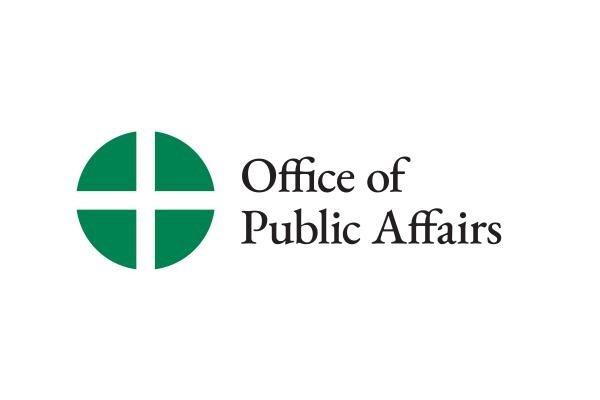Catholics in the United States Invited to Assist the Needs of Church in Ukraine and Eastern Europe
On Ash Wednesday, Catholics in dioceses across the United States are invited to assist their sisters and brothers in war-torn Ukraine and in 27 other post-Communist countries by giving to the U.S. bishops’ annual Collection for the Church in Central and Eastern Europe.

WASHINGTON - This year, Ash Wednesday falls on Valentine’s Day (February 14), and Catholics in dioceses across the United States can express love for their sisters and brothers in war-torn Ukraine and in 27 other post-Communist countries by giving to the U.S. bishops’ annual Collection for the Church in Central and Eastern Europe.
The generosity of Catholics in the U.S. through this collection, especially since the Russian invasion of Ukraine, has yielded over $2 million in urgent humanitarian and pastoral relief to victims of the war. But this generous response did not stop at the Ukrainian border -- the 329 grants awarded in 2023 totaled $8.7 million and helped rebuild churches, support seminary education, and minister to the unique spiritual needs of families and young people.
“When Catholics give to this collection, they are actively participating in the rebuilding of the Church in places where decades of Communism have left behind devastated churches and wounded spirits,” said Bishop Jeffrey M. Monforton, auxiliary bishop of Detroit, and chairman of the U.S. Conference of Catholic Bishops’ Subcommittee on the Church in Central and Eastern Europe. During a recent visit to Ukraine, he expressed the solidarity of the Church in the United States with suffering Ukrainians, praying with families of the dead, and visiting cities shattered by violence and bloodshed.
“I entered crypts that are now well-stocked bomb shelters, with light and heat from generators supplied through the Collection for the Church in Central and Eastern Europe,” he said. “The rubble and fresh graves remind us that the most insidious error of communism was not its economic policy, but its doctrine that human beings are mere cogs in the machine of state, rather than precious children of God. That cruel assumption persists under other guises in the post-communist era.”
The U.S. bishops established its Church in Central and Eastern Europe program three decades ago at the urging of Pope John Paul II. Since the 2022 Russian invasion, the annual collection to support the program has provided war relief through Catholic ministries in Ukraine and neighboring nations – while still supporting evangelization, pastoral care, and social outreach in 28 other eastern European countries.
Some of these grants provided:
- The training and deployment of teams of psychotherapists, social workers, and pastoral counselors in Ukraine’s Diocese of Kemyanets-Podilsky, to assist soldiers and civilians who suffer from war-related traumatic stress disorder.
- A cathedral for the small but vibrant Catholic community in predominantly Muslim Kyrgyzstan, a community founded by prisoners who had been deported to the region’s gulags for their faith decades ago by Soviet authorities.
- A pro-life counseling center in Slovakia that helps hundreds of women experiencing challenging pregnancies obtain the social, spiritual, and financial assistance they need to choose life for themselves and their babies.
- Training and spiritual support for the volunteer mentors of engaged and married couples in Lithuania.
- A three-year program of study and spiritual enrichment for lay catechists and extraordinary ministers of the Eucharist in Albania, equipping them to evangelize through their ministries.
- State-of-the-art renovations to a landmark 18th century building in Romania that has been returned to the church and will be used as a seminary to raise up a new generation of priests.
Most dioceses will take this collection in parishes on Ash Wednesday, February 14, though some choose other dates. #iGiveCatholicTogether also accepts funds for the collection.
For more information, visit: www.usccb.org/ccee
###
Media Contacts:
-
Chieko Noguchi

